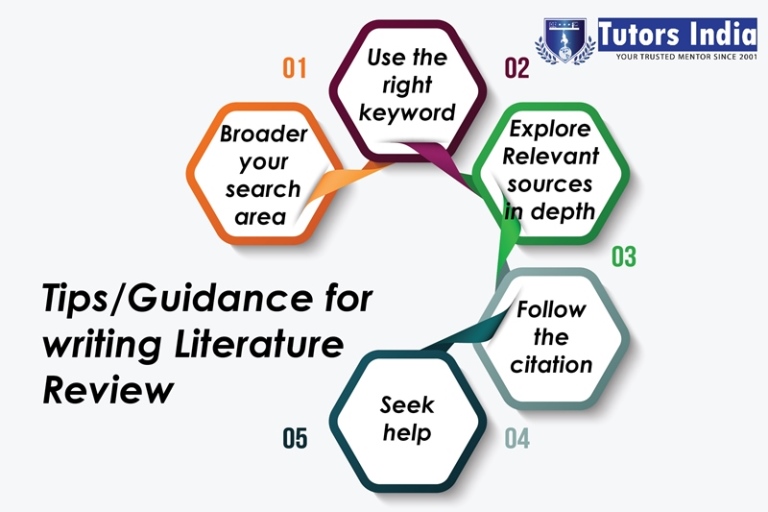After you’ve decided on a research topic and formed a research question, you’ll need to look over the literature on that subject. A literature review is a critical overview of all published works on a specific subject. Conducting a thorough literature review is an important stage in the research and publication process. A thorough literature review has numerous advantages.
Keeping up with the literature is likely the single most critical ability that a researcher will need during their career. Your discoveries will be outdated to be cited immediately away if you don’t know where the current gaps are.
A literature review is an important component of a scientific paper that is sent to a journal for publication. A detailed literature review will demonstrate to the journal editors and reviewers that you have done your homework and are knowledgeable about current research in your subject.
Every year, around 2.5 million new journal articles are added to the global research output. As a result, it’s quite improbable that you’re exploring a study topic on which no one else has worked or written in your field.
How Do I Write My Literature Review?
The issue with producing a Literature Review isn’t a lack of appropriate materials. It’s likely that your search tactics are either completely wrong or insufficient. When conducting research, you must give a current view of the subject field in your review of the available literature. If you’re having trouble finding relevant papers in your field, use the tips below to get a jump start on that long-overdue literature review.
- Broaden your search area: You might find appropriate material to support the hypothetical study question if you widen your search scope. This will not only enable you find more relevant reading, but it will also allow you situate your unique research issue within a larger theoretical framework and demonstrate the value of your study.
- Use the right keywords: Insignificant or unconnected terms could be an issue in your search sources. Your keywords should be focused and well defined on the research papers you’re looking for. Identify the primary concepts of your research issue and then define keywords for each concept.
- Explore relevant sources in depth: The fact that you only have a restricted number of references may work to your advantage; you’ll have a brief yet thorough list of publications to look over in depth. If your specialized research field has limited sources, it’s probable that many key concerns have yet to be examined and explained. If this is the case, you may be able to identify shortcomings in previous studies and use them to develop or improve your own research question.
- Follow the citations: Citations point readers to previous research in a certain topic. You could check through the reference lists of these articles to identify other publications that are relevant to your research topic. Backward searching is the term for this. Additionally, you might look for journals that have acknowledged the papers you discovered before. This is called as forward searching, and it can help you uncover articles that your search engine didn’t find. Finally, you may look for other papers written by the same authors as the ones you identified.
- Seek help: Begin by reaching your university’s librarian. You might also approach a professor, a mentor, or a senior coworker for assistance. You might also go at academic forums and communities like ResearchGate, and Quora, which are digital spaces created specifically for academics. Connect with other researchers and ask them to send you academic journals that you can’t discover. Similarly, you might reciprocate by exchanging articles with other scholars when they are in need. Confirm, however, that you only obtain and exchange legal copies of academic journals. You could also use certain expert publication support services, such as Tutors India, to ensure that you find the most relevant articles.


